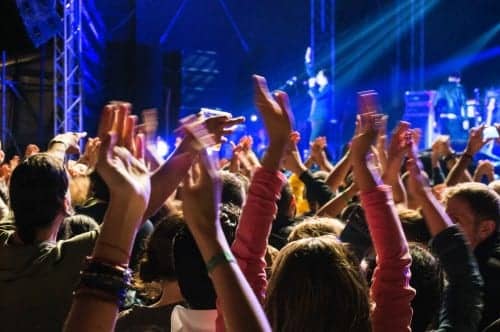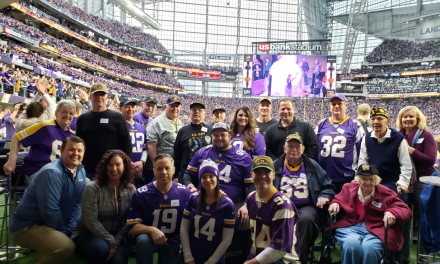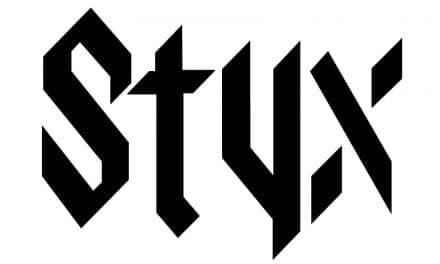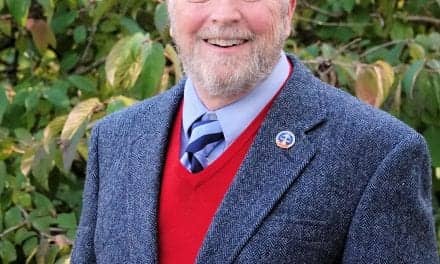Summer is a good time to remind patients to pack their earplugs to safely enjoy the summer concert season, says the Better Hearing Institute (BHI).

The “use earplugs for safer listening” message should be targeted especially to millennials and teens to make them think twice about music volume, because data show that hearing loss is on the rise in these age groups.
Earplugs really can help. One study, carried out in conjunction with an outdoor music festival in Amsterdam last fall, found that festival-goers who wore earplugs were about 5 times less likely to experience post-concert temporary hearing loss than those who didn’t wear them. The earplug users also were less likely to suffer from tinnitus afterwards.
Any sounds at or above 85 dBA for a prolonged period of time can be unsafe. The sounds at that Dutch music festival were measured at 100 decibels, pretty consistently, for 4.5 hours. At that sound level, hearing damage can occur after just 15 minutes.
Earplugs are generally easy to come by. Disposable earplugs, made of foam or silicone, can be found at most local pharmacies. These are practical because you can still hear music and conversation when they’re in your ears. But when they fit snuggly, they’re effective in adequately blocking out dangerously loud sounds.
More sophisticated earplugs can be purchased online. Hearing care professionals can provide custom ear protection that is tailored to fit each unique ear. Custom protection ensures a proper, optimal fitting each time, further reducing the risk of unwanted noise exposure. A local hearing care professional also can provide a hearing test to determine your baseline hearing level and determine if you already have any hearing loss. For the vast majority of people with hearing loss, professionally fitted hearing aids (now smaller, sleeker and more high-tech and effective than ever) can help.
For more information about earplugs that work well for music lovers attending concerts, view the helpful earplug guide on the EarQ website. Additional information about earplugs suitable for concert-goers can be found here.
Loud music isn’t the only summertime risk to hearing. Prolonged exposure to noise from lawn mowers, power tools, motorized recreational vehicles, target shooting, sporting events, and fireworks can potentially damage hearing. Advise people to avoid or minimize hearing damage from all risky noise sources by wearing earplugs or other ear protection.
“Noise is part of the world we live in, and having a good time this summer probably means at least some noisy activities,” says William Hal Martin, PhD, professor of otolaryngology, National University of Singapore; program director for the MSc of Audiology, Center for Hearing, Speech & Balance; and co-director of Dangerous Decibels. “I strongly urge people to be smart and safeguard their ears. Using earplugs and other forms of hearing protection is your best bet for ensuring that you can enjoy music, listening to friends, and all the other sounds you love for your entire life.”
Source: Better Hearing Institute (BHI)





